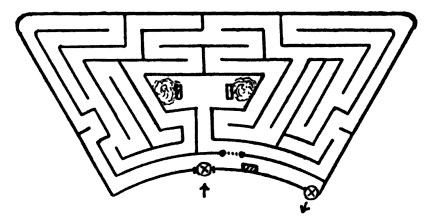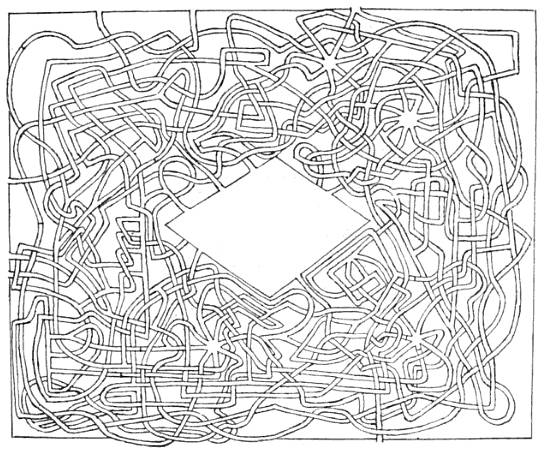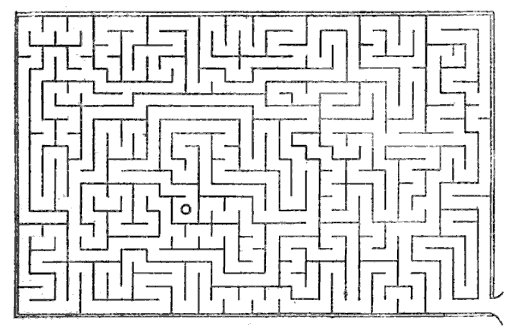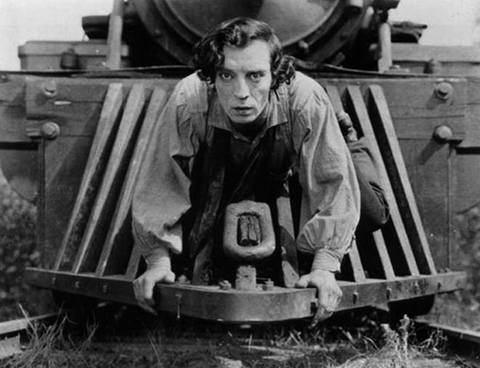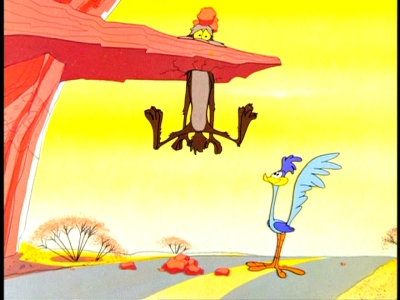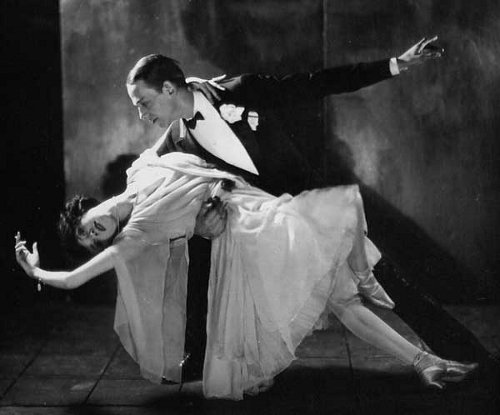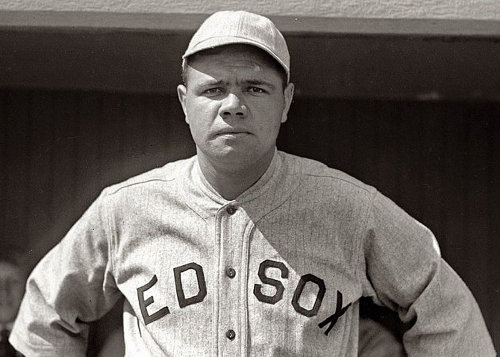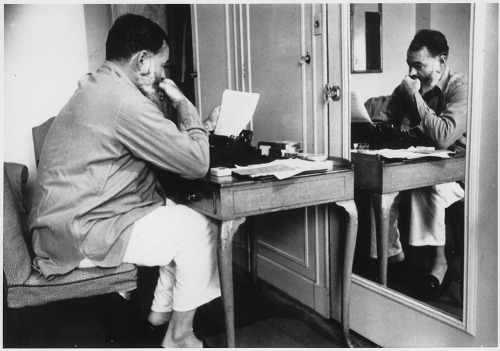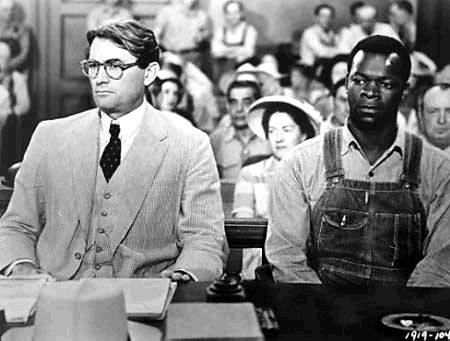When director George Pal first came to the United States from Hungary, animator Walter Lantz helped him obtain U.S. citizenship. As a tribute to their friendship, Pal inserted Woody Woodpecker into most of his films:
- In Destination Moon (1950), a Woody Woodpecker cartoon explains the principles of space travel.
- In When Worlds Collide (1951), Woody is visible in an airport scene at the beginning of the film.
- In War of the Worlds (1953), Woody’s figure is visible among the branches of a tree as the Martian spacecraft first fly over.
- In Tom Thumb (1958), Woody’s laugh can be heard during a Russ Tamblyn dance sequence.
- In The Time Machine (1960), a little girl drops a Woody Woodpecker doll.
- In The Power (1968), George Hamilton looks in a store window and sees a mechanical Woody.
In Doc Savage (1975), Pal’s last film, the reference is subtle. No woodpeckers appear in the film, but near the end an elderly woman is helped across the street by a Boy Scout. The woman is Grace Stafford, Lantz’s wife — and the voice of Woody Woodpecker.

